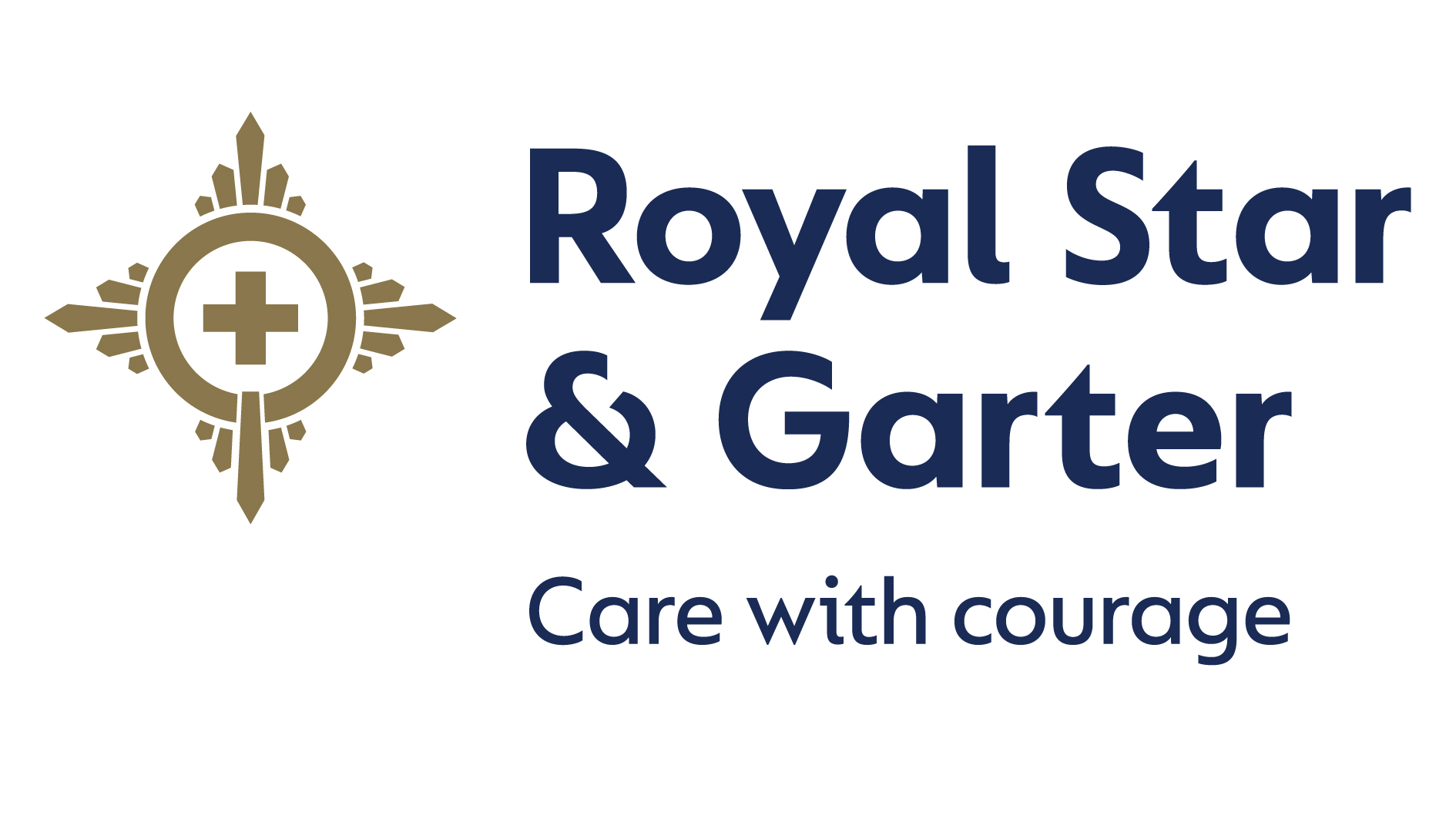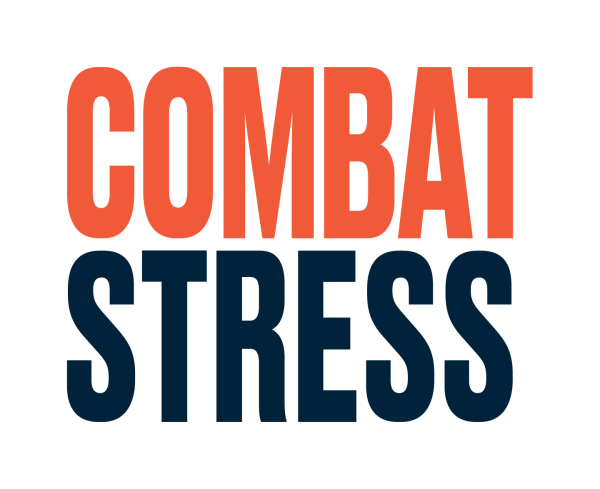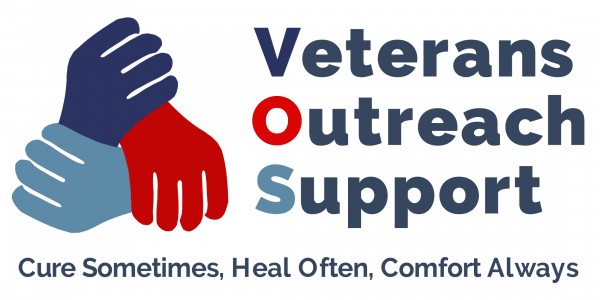Kathryn Glass is the Veteran Friendly Framework (VFF) Lead. She heads a three-person team, and her role is to guide care homes to successfully attain VFF status. The project is now 18 months old and has already had a huge impact on veterans across the UK. Here, Kathryn discusses why the VFF is so important, the benefits it brings to care homes and some of the challenges that the team has overcome.
I worked in the NHS for about 35 years, starting as an auxiliary nurse and ending as Head of Patient Experience & Engagement. During the latter part of my career I was seconded to leading the Veterans Covenant Healthcare Alliance (VCHA) in the North West. The VCHA is an accreditation programme designed to support NHS healthcare providers to understand and meet the needs of the Armed Forces community.
When I saw an advert for the role of VFF Lead, I was immediately interested. I knew that the experience, skills and knowledge I’d gained in my secondment would be invaluable in helping with the development of a similar model for care homes.
Every care home has to work through the eight standards to obtain VFF status. The standards have been developed to align with the work already being done in care homes, and is both enjoyable and achievable for the staff. It takes around three months for a home to successfully go through the VFF process, but it’s taken some as little as four weeks, where they already have things in place which are part of the eight required standards.
Gaining VFF status is very much a team effort for a home. Two of the standards are to sign up to the Armed Forces Covenant and the Ministry of Defence Employment Recognition scheme, and we encourage the Senior Team to take responsibility for those, which helps with a whole organisation approach and investment into the Framework.
The VFF allows care home staff to develop understanding of some of the lived experiences that their residents have had, to help them deliver person-centred care, and signpost to healthcare services and charities, such as the RBL or Blind Veterans UK.
We’re providing the support and resources to help staff better understand service life and lived experiences through care planning and the pre-admission documents. We’ve connected homes to groups within their communities, and they’ve learned about the help and support out there for veterans.
Declaration of Armed Forces status to the NHS is one of the required standards of the VFF. This early identification is beginning to support members of the Armed Forces community when they are part of a wider assessment of needs process. Veterans are being signposted from hospital into our VFF homes for anything from further rehab assessments, to short and long-term residency. By identifying status to Primary Care providers, we are affording the resident the opportunity to be referred into some of the military veterans’ services, such as Op Courage, and the many charities that support the Armed Forces community.
The staff have been wonderful and really bought into the project. Each Home has VFF Champions, and they enjoy what they’re doing. Many of our Champions have military backgrounds. We encourage all members of the care home team to become Champions, and by doing so we have a really inclusive mix of staff from the homes.
Homes going through the process meet up every two weeks. Then they work through the Framework in groups of six to eight. Once they have achieved VFF status, the homes meet with us every three months to share their progress, and are then reviewed at one year after their initial achievement.
We have heard so many lovely stories about the impact it has had on veterans and their families, as well as other care home residents. Nine people from a care home led a local Remembrance parade after being identified as veterans through the VFF, and this brought a sense of pride and joy to everyone.
Another care home put a resident in touch with Blind Veterans UK. When their case worker came to the home, it emerged that there were eight blind veterans living alone in the community. So they were invited to spend Christmas Day at the home with other residents and staff.
There are so many astonishing stories, I cry regularly when I read the applications! It’s not only humbling, but really quite powerful too. Sometimes I have to take a minute and then come back and read it again. Every application tells us the story of a home’s journey, working through this Framework and it is really inspiring, and a real privilege.
I think it’s given homes the confidence to look at other groups of residents and see if there are similar things out there to support them. I was chatting to a home which has a lady who’s lived with the effects of having a stroke many years ago, and because of the VFF, this home has gone out to the Stroke Association and different local charities to see if there is any support for her.
And we are helping homes to evidence their VFF work in some of the domains that they need for their CQC assessment – so it could make the difference between a Good and an Outstanding rating.
Of course, there have been obstacles to overcome along the way. We’ve launched from scratch and we have to prove the benefits of this programme with some of the homes that don’t necessarily get involved in external projects. But I think the fact that we are a free-of-charge programme helps.
There is a real challenge around IT. A lack of computers in homes could pose difficulties, and some Champions have limited IT skills.
There’s a challenge in some of the larger organisations in terms of getting consent to be involved in the programme, which can be a time-consuming process. Staff turnover could also be a problem as we would start in some homes with Champions, but they would move to a different position or organisation, and we’d have to start the process again.
So there’s been a number of hurdles to clear, but I think we’ve been really resilient and overcome them. We are a very tight team in the VFF, we constantly communicate, we talk about things that are an issue before they become a problem. We brainstorm how we’re going to manage things in the future. We do it as a unit.
It’s such an honour to award homes their VFF status. We ask them to celebrate and share this, because a lot of care homes don’t showcase the phenomenal work they do.
We describe the VFF as the gift that keeps on giving. We are helping homes to identify residents and understand their lived experiences, improving their lives in care. We now have over 100 homes with VFF status, and we have helped and supported 1,200 veterans. We are connecting them with a community, with charities and healthcare providers.
Any care homes or organisation who want more information on the free VFF programme can contact Kathryn on Kathryn.Glass@starandgarter.org or 07425 326070.

















